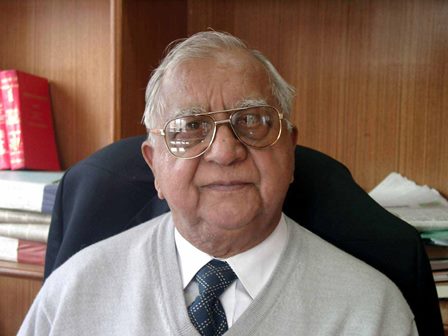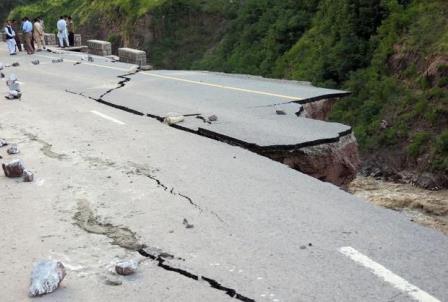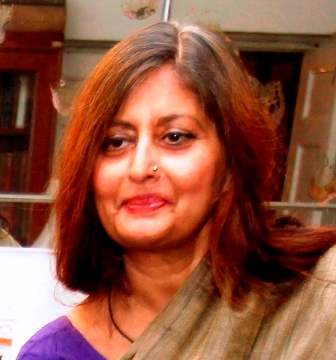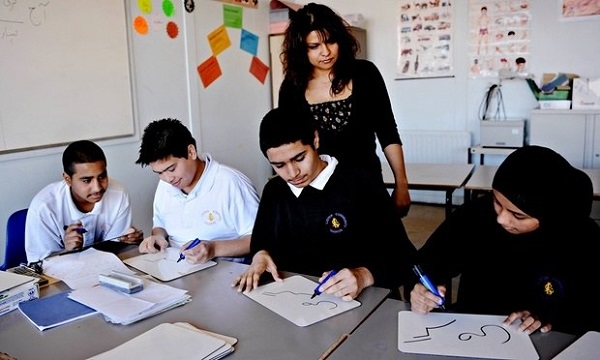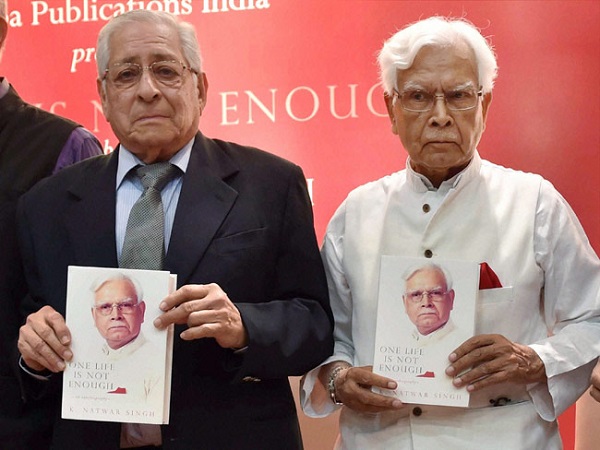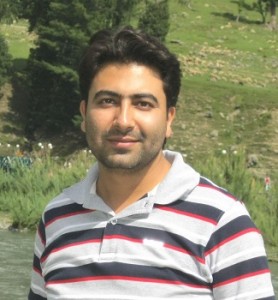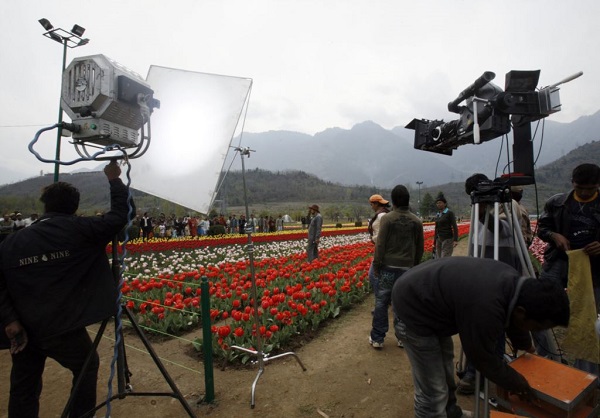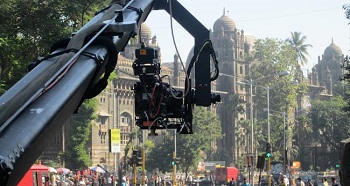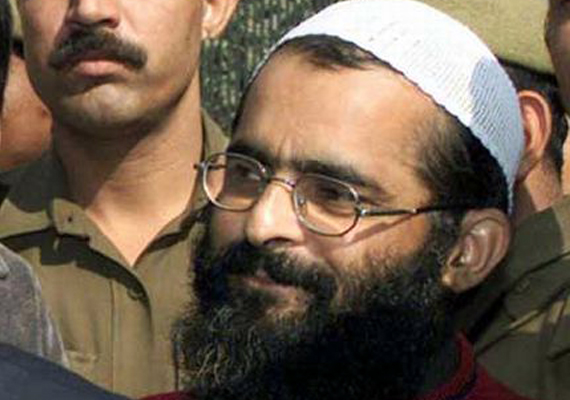Jatin Sharma wonders if Afzal Guru was really a terrorist, or yet another name in a disenchanted Valley. Or both.
 Before reading this column, I have a request to make of you.
Before reading this column, I have a request to make of you.
I request all of you to junk all the images that you have in mind, shed all your preconceived notions that have been served by the media, remove all the biases and the prejudices that you may have developed over the years.
Be untainted by the ‘truths’ of the world, unmoved by the emotions that the media has garnered and for the next few minutes, think that you are in an ideal world.
Now that your mind is sufficiently cleared of your personal feelings, read on.
Centuries ago, the world was divided into kingdoms. India was a land that was akin to a sone ki chidiya. See, already I can feel the pride that you are feeling right now. Your chin went up by an angle of 10 degrees, and you just inflated your chest. But the truth is, the time when India was the fabled golden sparrow, its people were still ailing. The people had no food and were constantly at the mercy of their kings. While the kings fought wars once in a while to double or safeguard their riches, the common man fought every day for food and other necessities. Whenever the king was challenged by a common man, either that man was sent to confinement or was silenced forever. His crime? Disrespecting the king.
Centuries later, the world is divided into countries. India is a land known as an ‘upcoming superpower’. There, I can feel the pride that you are feeling right now. Your chin went up by an angle of 10 degrees, and you just inflated your chest. But the truth is, that while India is an upcoming superpower, its people are still ailing. The people don’t have the freedom to express themselves (writing a blog is not something major, and even this column is not that big a change) and live a life where they are not at the mercy of the police, the bureaucrats and the politicians. While the politicians are letting us protest over lesser issues (like rape, as no politician is involved in that high-profile case; Lokpal, as they know a Bill will only be passed with their consent or a diesel-petrol hike, because they know they will decrease 50 paise and all will be well); the common man is fighting every day to be heard. Whenever the government is challenged by a common man, either that man is tagged as a threat to the nation, or a terrorist, or a Maowadi.
There are hundreds and thousands of stories of oppression on the people, by the people in power. We fear FIRs, as we fear that we would be tortured instead of the culprit. We fear going to politicians as they will tell us to shell out money or leave the matter like it is. We fear questioning bureaucrats because they know that they can’t be replaced till the time that they decide to retire. We fear the election process because we are afraid of the gallery of dacoits we have to choose from.
Are we really free then? Are we really an awesome country, if our ‘safe’ blogs will just be discussed and dismissed? Are we a free country if till the time I follow what those in power want me to follow, I am safe? Are we a free country if the moment someone questions things, we term them terrorists?
Afzal Guru was hanged the same way that Kasab was. But the difference is that Afzal Guru was an educated man, an MBBS student who had surrendered to the BSF.
My point is: no amount of money can lure you to be a traitor unless there is a long pending issue that the Government has ignored for long. No amount of money can force you to insult your motherland unless the kings of democracy let people come out and hear them out without bias. Look at Kashmir – more than anything else, the issue is now an ego tussle between two nations, with the Kashmiris suffering in between. They are hostile, yes, but so is the Government. Right now the people of Kashmir want to protest in the wake of Afzal Guru’s hanging. But the Government has imposed a curfew there, and jammed mobile networks, apart from cutting Internet lines.
When was the last time that people actually responsible for several crimes were brought to book? When two Indian soldiers were beheaded on the border, what did our powerful country do to those who beheaded them? Did our upcoming superpower nation book them in any manner? Forget anything else, were those involved in the beheadings even caught?
A Kashmiri all-girl rock band had to give up music because some idiot issued a fatwa in their name. The government failed then, too. The rape ordinance was passed, but one recommendation was not taken into consideration: that politicians who are rapists should not be able to contest elections. This recommendation was scrapped by the Government, while the rest were approved.
If you think about it, Afzal Guru the terrorist could have been Dr Afzal Guru, and he could have treated several patients in the Valley, but he didn’t. Why not? We should know the entire story before passing a judgement. We should acknowledge that Kashmir is burning every day. Right now they are going through a ban on Internet and mobile services, and not for the first time. How would you feel if that happened to you? To be reminded constantly that you are under somebody’s control, that you would be silenced if you don’t say what is not favourable to the one who controls you?
Terrorism and internal terrorism are two different issues. While terrorism can be tackled with power and force and killings, internal terrorism has to be tackled with love and tact. We rejoice Afzal Guru’s hanging because he was the poster boy for the Parliament attacks. But are we sure that no more Afzal Gurus will erupt from the Valley in the future? Did we really kill an attacker, or did we just kill another name?
I’m sure you’re a bit confused. But your confusion tells me that you are starting to think, and that is most important.
Don’t let the media or a few Facebook statuses and emotionally-charged tweets turn your mind. That is what the people in power want. They want you to be just a tool, a vote that is remembered only once in five years. Think and you start living every day.
Jatin Sharma is a media professional who says he doesn’t want to grow up, because if he grows up, he will be like everybody else.
(Picture courtesy indiatvnews.com)
 by Humra Quraishi
by Humra Quraishi